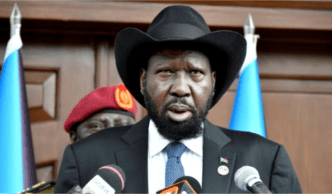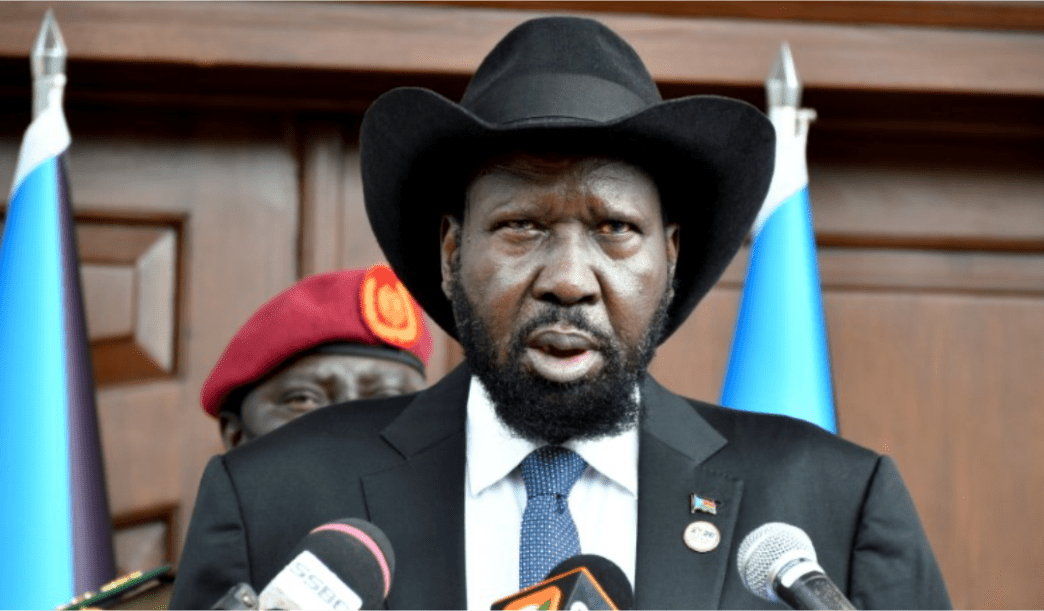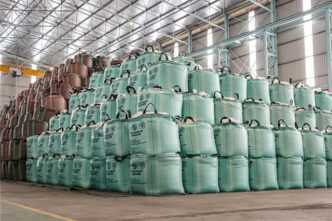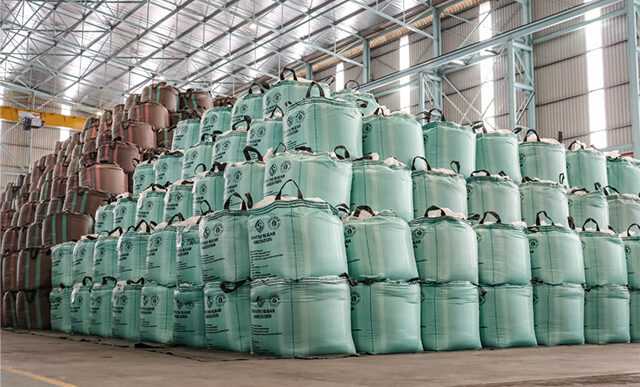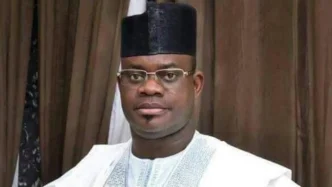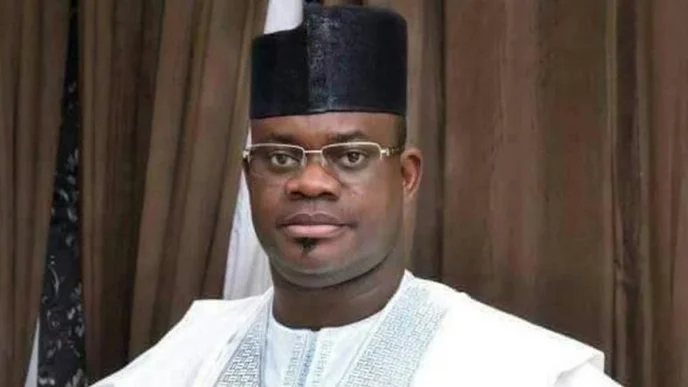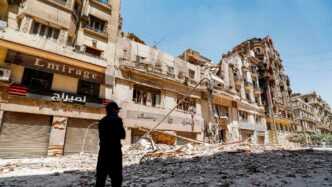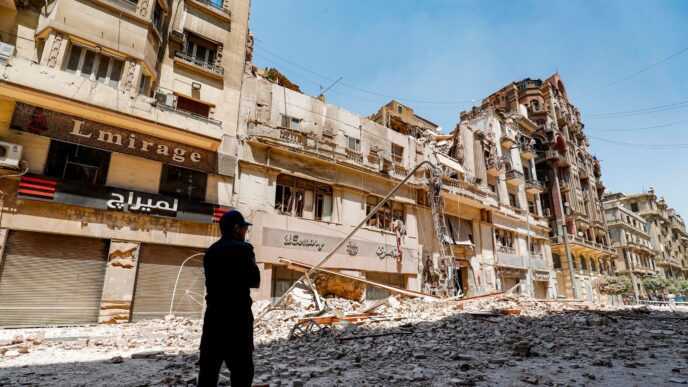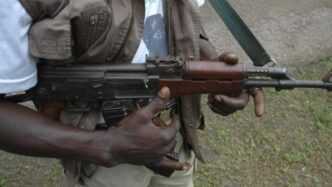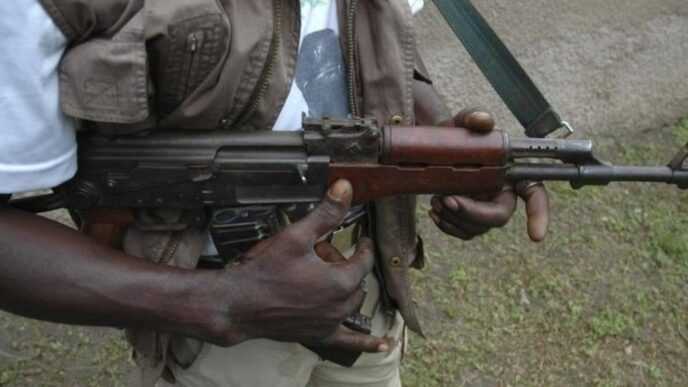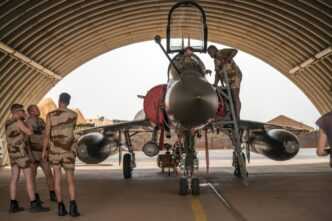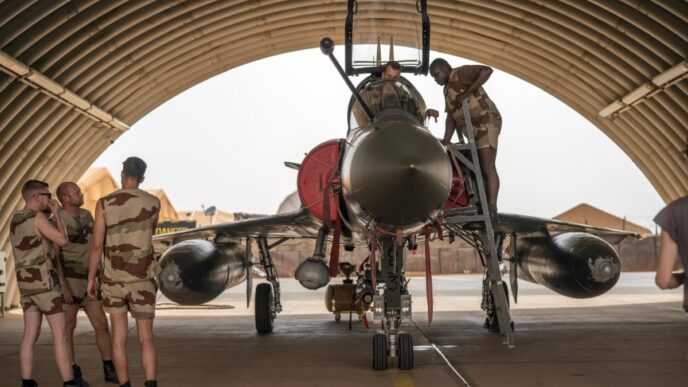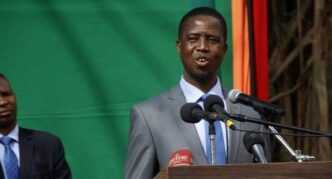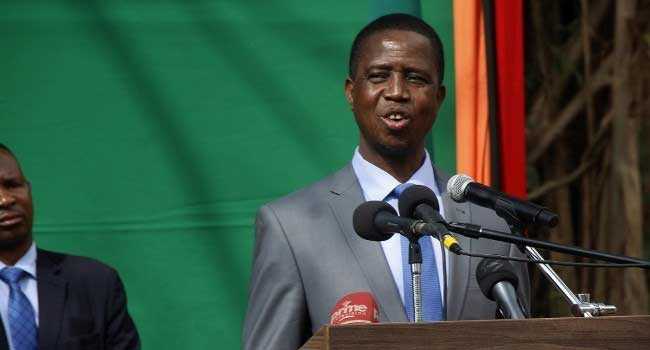South Sudan President Salva Kiir has reshuffled critical positions in the nation’s military and financial institutions, a move that signals significant changes in the country’s leadership landscape.
This latest overhaul, which included the dismissal of the army chief General Santino Deng Wol and the central bank governor Alic Garang, has brought new faces to pivotal roles, raising questions about the direction of governance reforms in South Sudan.
New Appointments in South Sudan’s Military Leadership
In a sweeping decree, President Kiir replaced General Santino Deng Wol with General Paul Nang Majok as the head of the military. While Gen. Wol has been reassigned to the Ministry of Defence and Veterans Affairs as undersecretary, his former position underscores the revolving nature of leadership in South Sudan’s military.
This reshuffle follows earlier dismissals of police and intelligence chiefs, indicating ongoing efforts to reorganize the nation’s security apparatus.
Additionally, the President appointed Gen. Abraham Peter Manyuat as the new Inspector General of Police, replacing Gen. Atem Marol. This consistent reorganization within the military and police reflects the challenges of implementing security sector reforms, which remain central to the 2018 peace agreement.
Changes in South Sudan’s Financial Leadership
In the financial sector, Alic Garang has been replaced by Johnny Ohisa Damia as the governor of the central bank. Damia, who previously served in the same role, returns amid mounting economic pressures and governance concerns.
Furthermore, Samuel Yanga Mikaya, the first deputy governor of the Bank of South Sudan, was also dismissed and replaced by Yeni Samuel Costa.
The Ministry of Finance and Planning has not been exempt from these changes. Garang Majak, the first undersecretary, was relieved of his duties, and Arop Nuoi Arop was appointed as his successor.
These changes suggest an attempt to address financial instability, although frequent leadership shifts can hinder institutional continuity.
Broader Implications of the Reshuffle
President Kiir’s decisions come at a time when South Sudan faces economic instability, security challenges, and delays in implementing the 2018 Revitalized Agreement on the Resolution of the Conflict in South Sudan (R-ARCSS). The transitional government, which had to extend its mandate in September, now faces the task of preparing for elections rescheduled for February 2026.
Despite the leadership shake-up, no official reasons have been provided for the dismissals. However, President Kiir emphasized his constitutional authority to appoint and remove officials, a power he frequently exercises during such reshuffles.
South Sudan’s Path Forward Amid Leadership Changes
As South Sudan navigates this period of transition, the reshuffle raises critical questions about the balance between governance reforms and political loyalty. While these changes may aim to stabilize the country’s institutions, their impact on long-term development and peace remains uncertain.
Will this leadership overhaul steer South Sudan toward progress, or will it further complicate the nation’s efforts to achieve stability and reform?
Read More:
